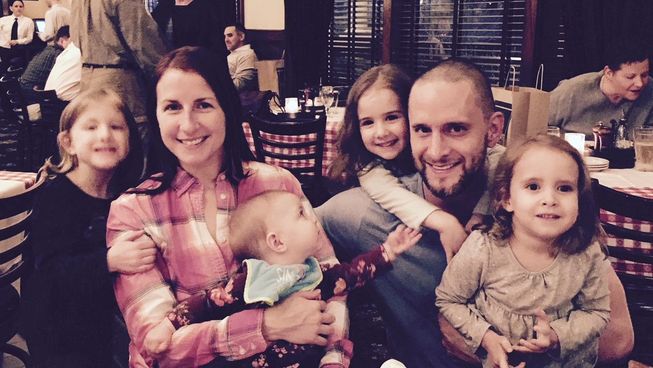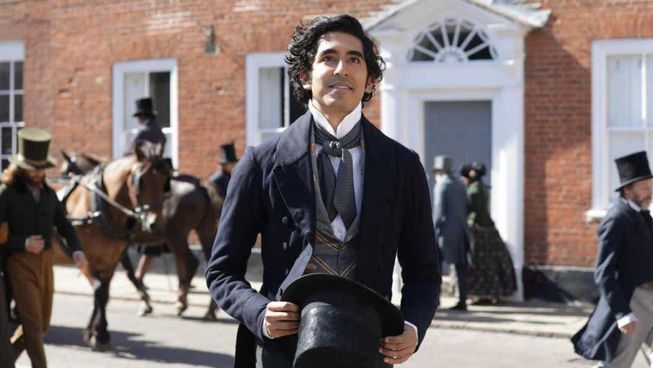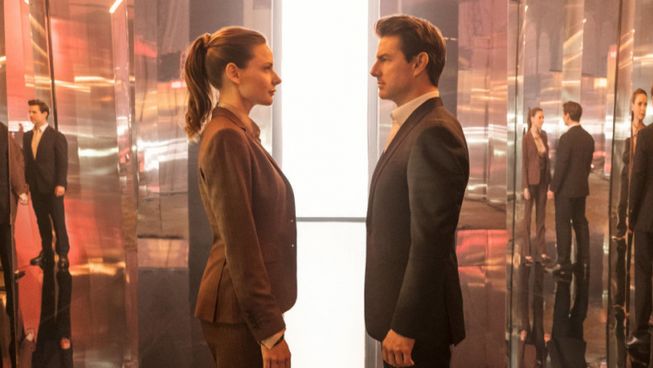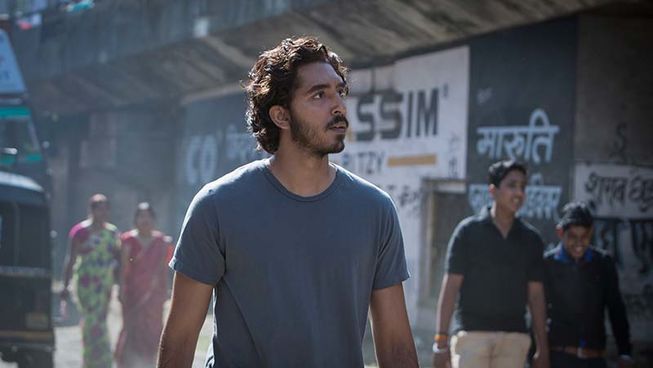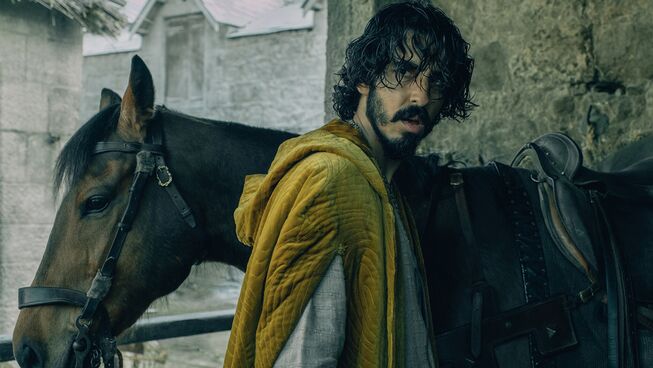
4 out of 5 stars
Live in shame or die with honour?
This is the question director David Lowery seeks to answer while simultaneously posing it to the audience. It’s also the question that holds Camelot’s future in balance. The Green Knight is a mesmerizing, cryptic retelling of the 14th-century poem Sir Gawain and The Green Knight. Many may not know that this tale was the inspiration for numerous writers, including JRR Tolkien, as a catalyst for building his worlds of fantasy and adventure.
Sir Gawain (Dev Patal) is the spoiled nephew of King Arthur, whose lineage grants him a seat at the round table. But Sir Gawain is no knight and honour holds little sway in Sir Gawain’s heart. The fading concern for honour in Camelot puts its future in great jeopardy, as foreshadowed in the film's opening shot.
On Christmas morning, the knights of Camelot celebrate the birth of Christ at the round table. During the celebration, an other-worldly, supernatural figure, the Green Knight (Ralph Ineson), intrudes on the festivities and lays down his gauntlet. Sir Gawain seizes his opportunity for glory, but he chooses to do this in an honorable manner. One year hence, honour dictates the less than reputable knight must fight the Green Knight again, beginning the countdown toward his inevitable doom.
The Green Knight feels like a film from a different era using the show, yet does not tell methodology. Audiences may become frustrated with Lowery’s methodic pace and slow-burn approach, especially those unfamiliar with the 14th-century poem. While the more discerning viewer will find a filmmaker who trusts his audience to connect the dots. Andrew Droz Palermo’s cinematography captures every great colour with a haunting vibrancy and a complementary mystique. Which is all captured in Dev Patel’s eyes as they speak volumes in every scene. While each being underscored by Daniel Hart’s majestic soundtrack establishes the story's beautiful, yet eerie tone.
While some may leave the film frustrated at it’s lack of explanation and ambiguous end, this ancient tale asks questions that stick hard and fast into the soul. How does noble character form in the heart? Can we truly live for self and not hurt others in the process? Should we be content to live in shame or die with honor and does it even matter? Can society survive when it does not value honour, nobility or character? All of which are surprisingly poignant questions for a postmodern audience that does not place much value in honour, character or nobility. Another reason why some fans may have a difficult time connecting with this medieval story. Yet, these questions profoundly matter in our society where truth is relative and character is valued very little. In this fable from years gone by, Lowery challenges the audience with a new thought for our time... virtue, nobility, character are everything. Which challenges us to see that everything old is new again, or is it?
Reel Dialogue: Can we truly have noble character?
The ancient scriptures tell us that character forms the foundation of life. What we do can be easily undone by who we are. That is why James, the half-brother of Jesus, tells us in 4:8, “Come near to God and he will come near to you. Wash your hands you sinners, and purify your hearts, you double-minded.” For those who pine for the days of virtue, nobility and honor and have wondered how it forms in our hearts today, God in Christ invites us to draw near and find out for ourselves.
